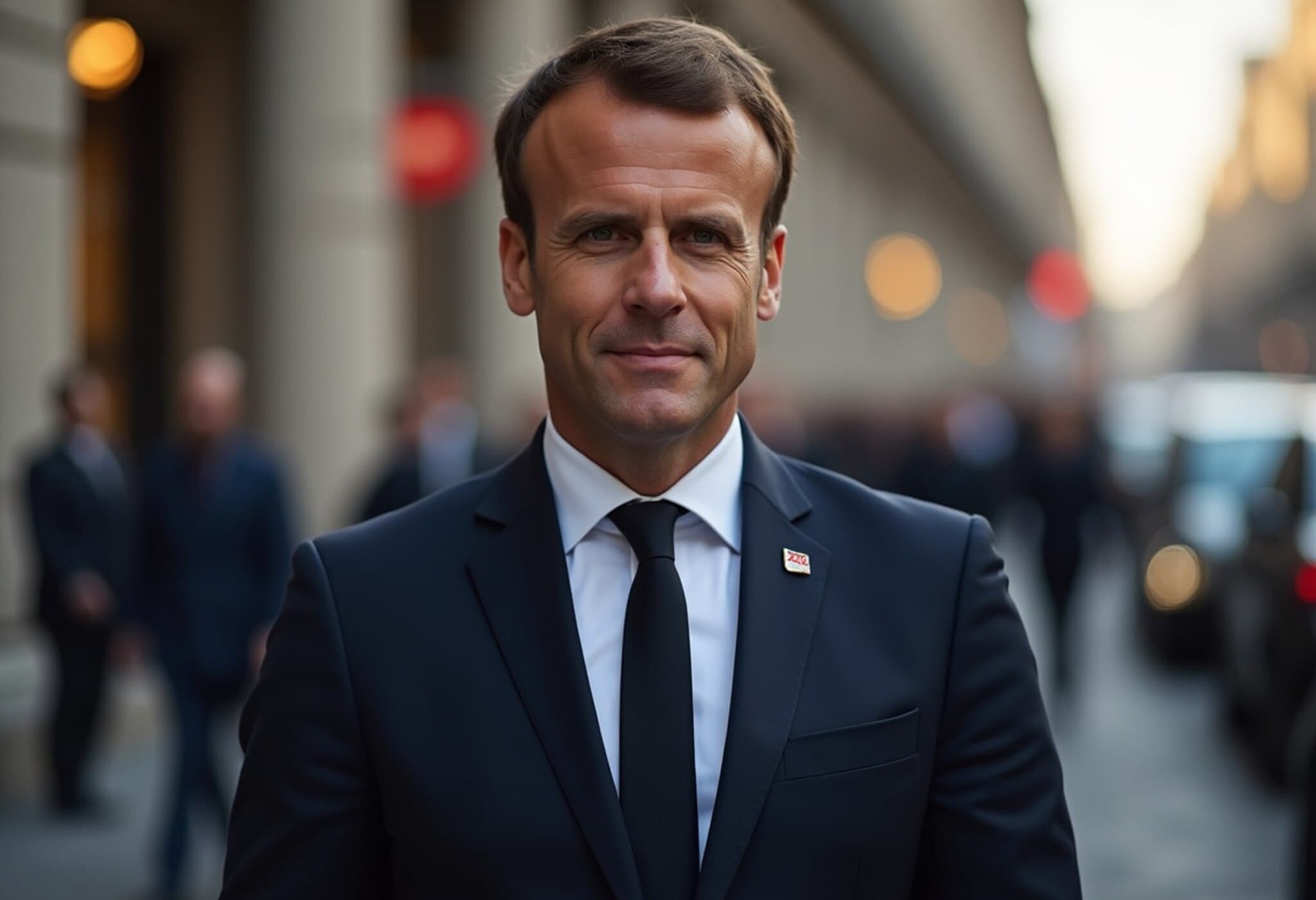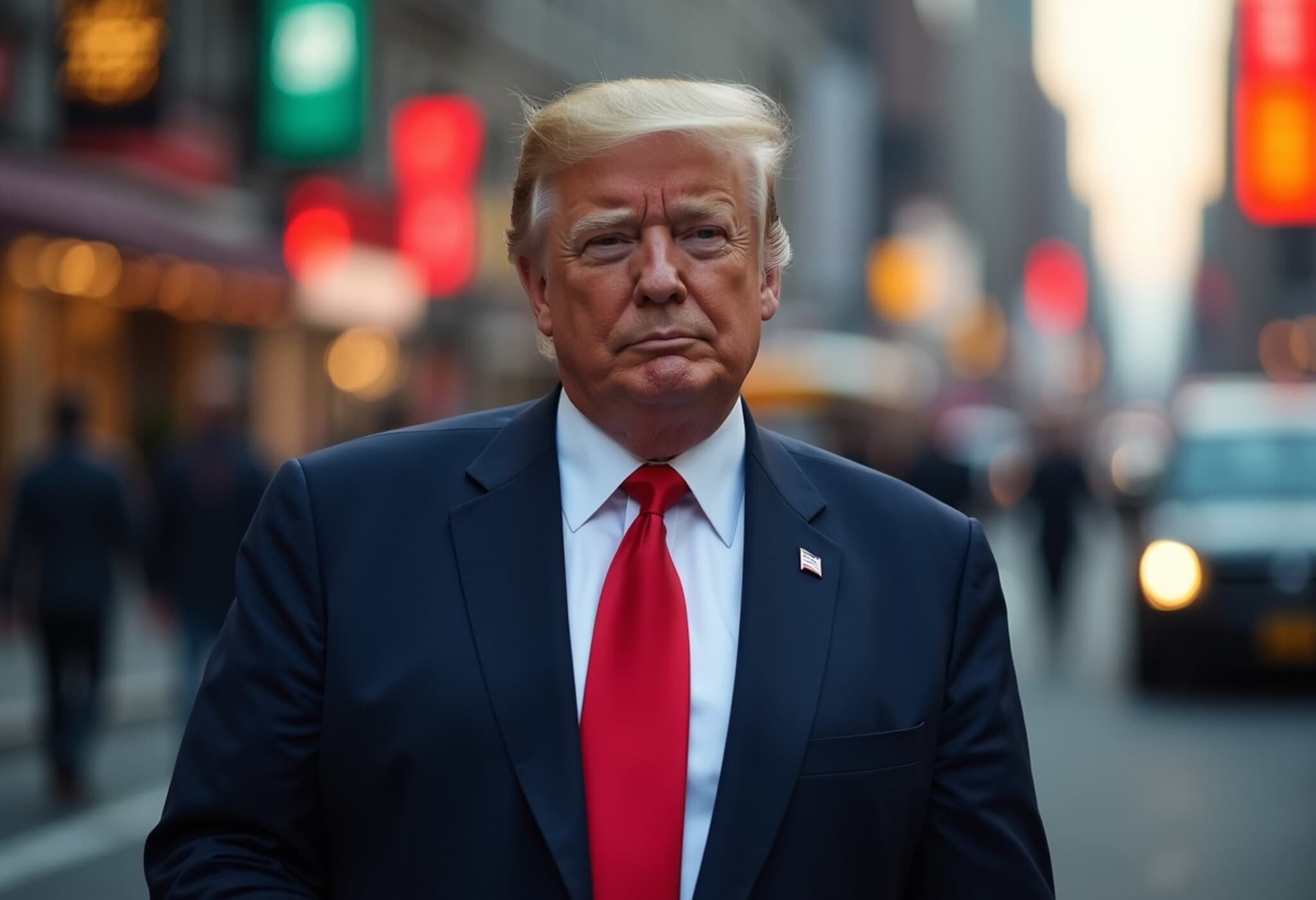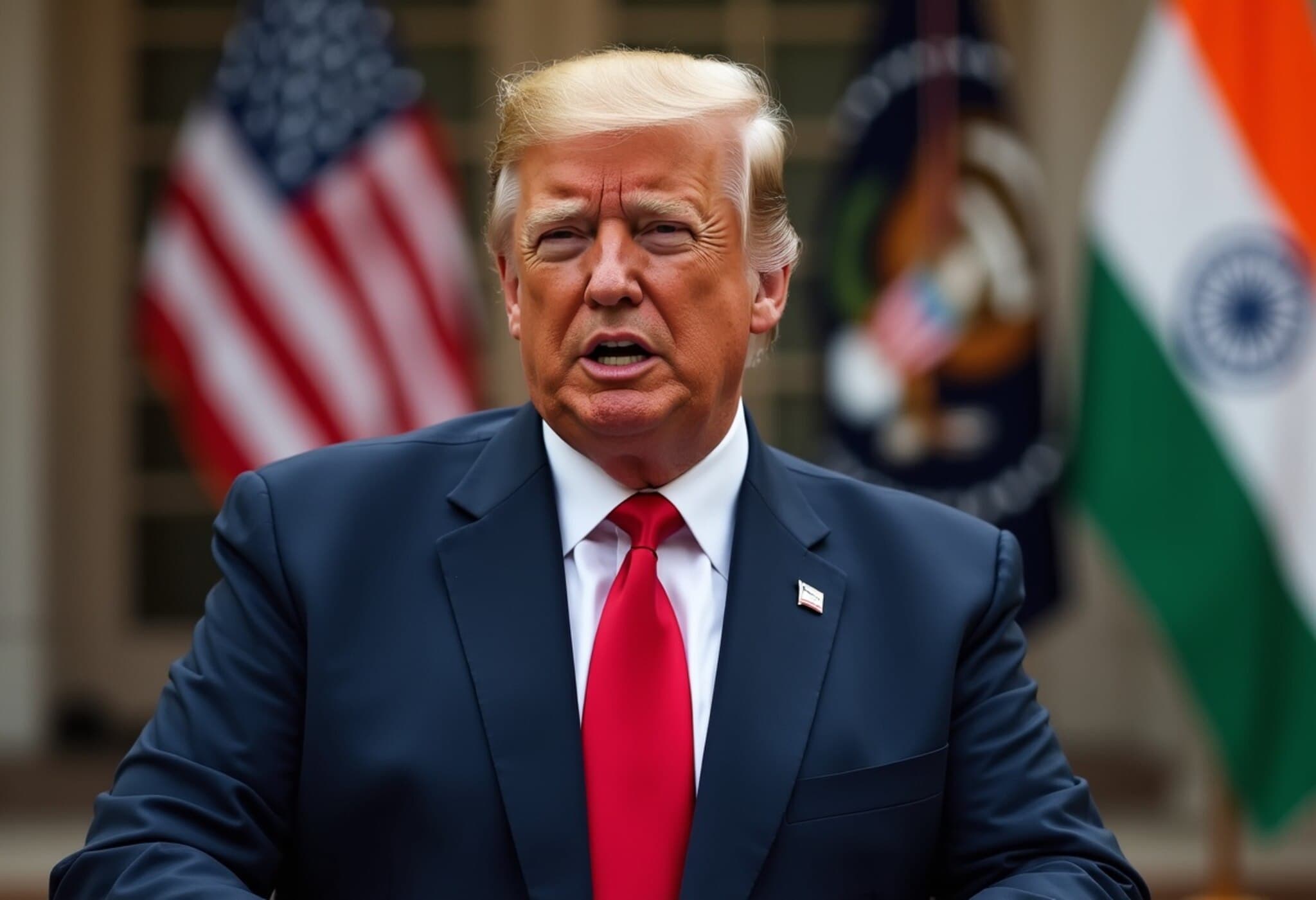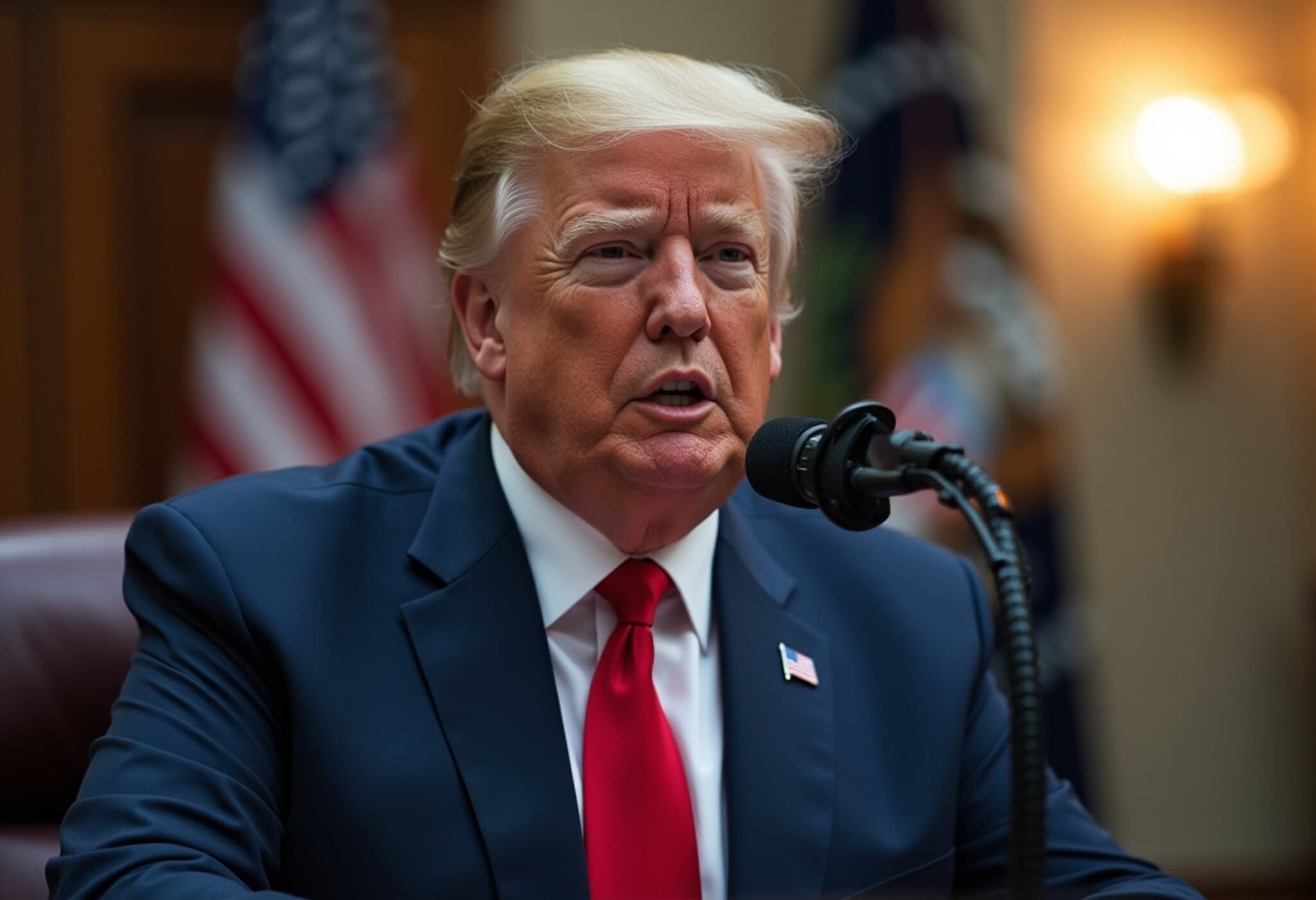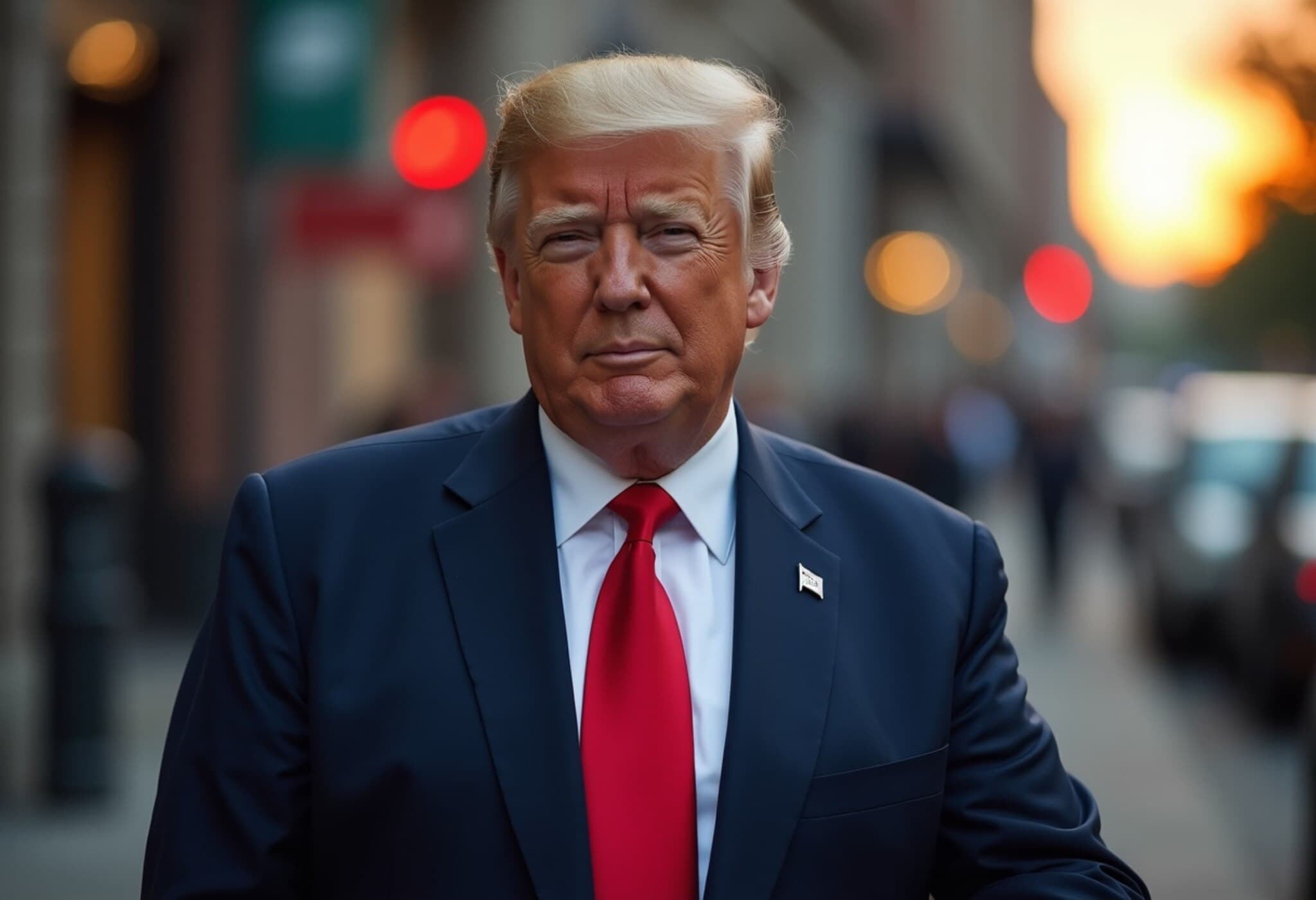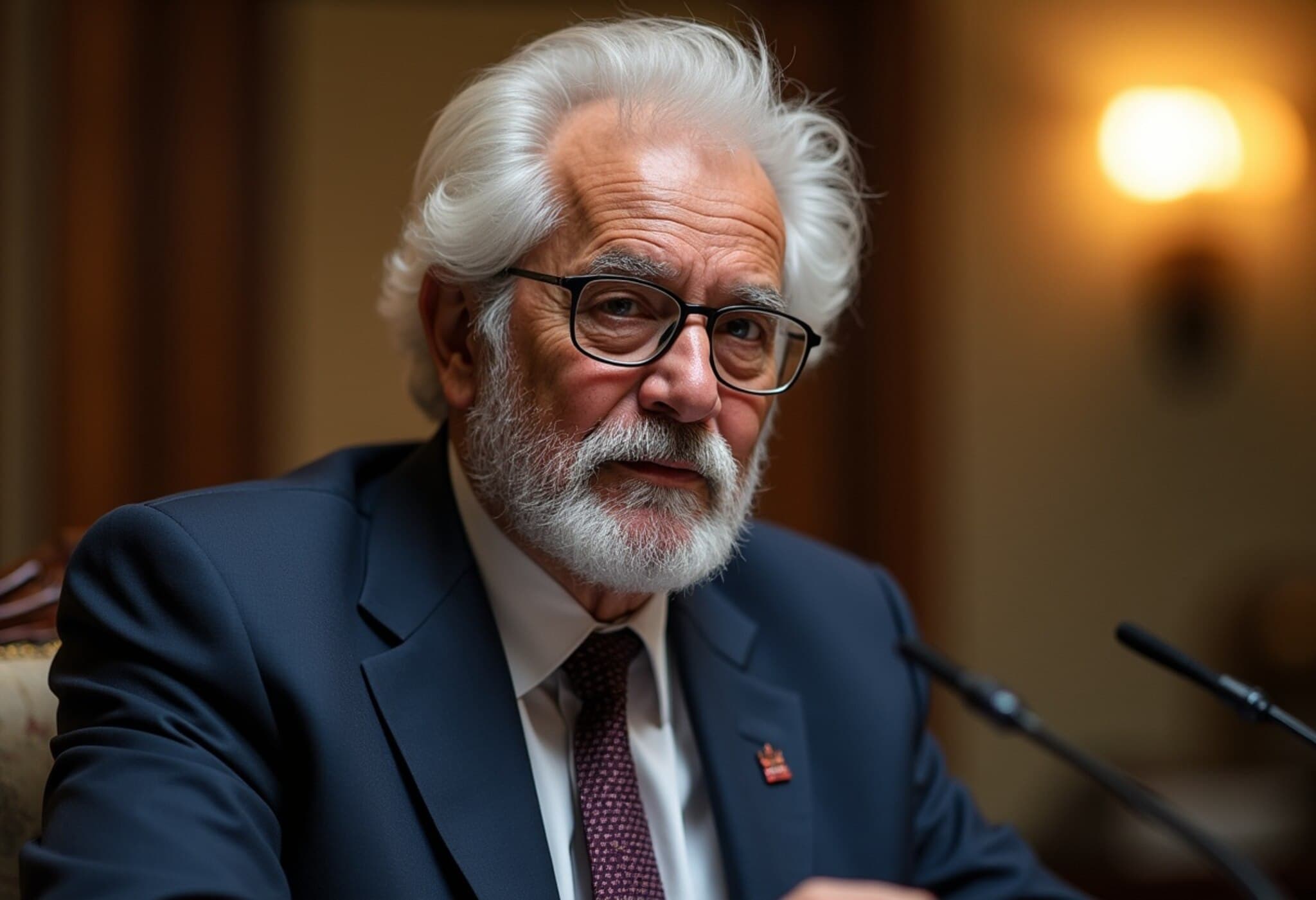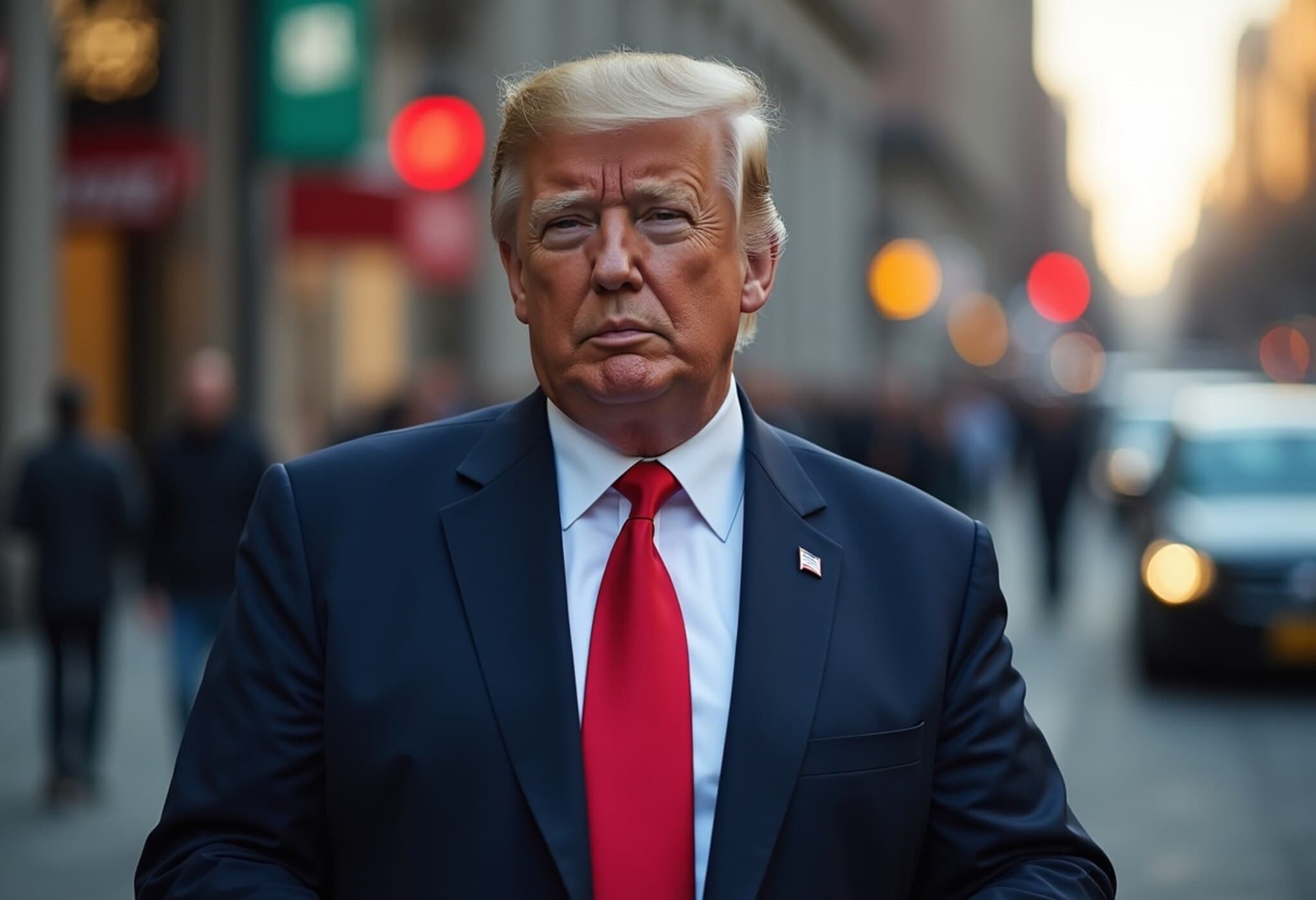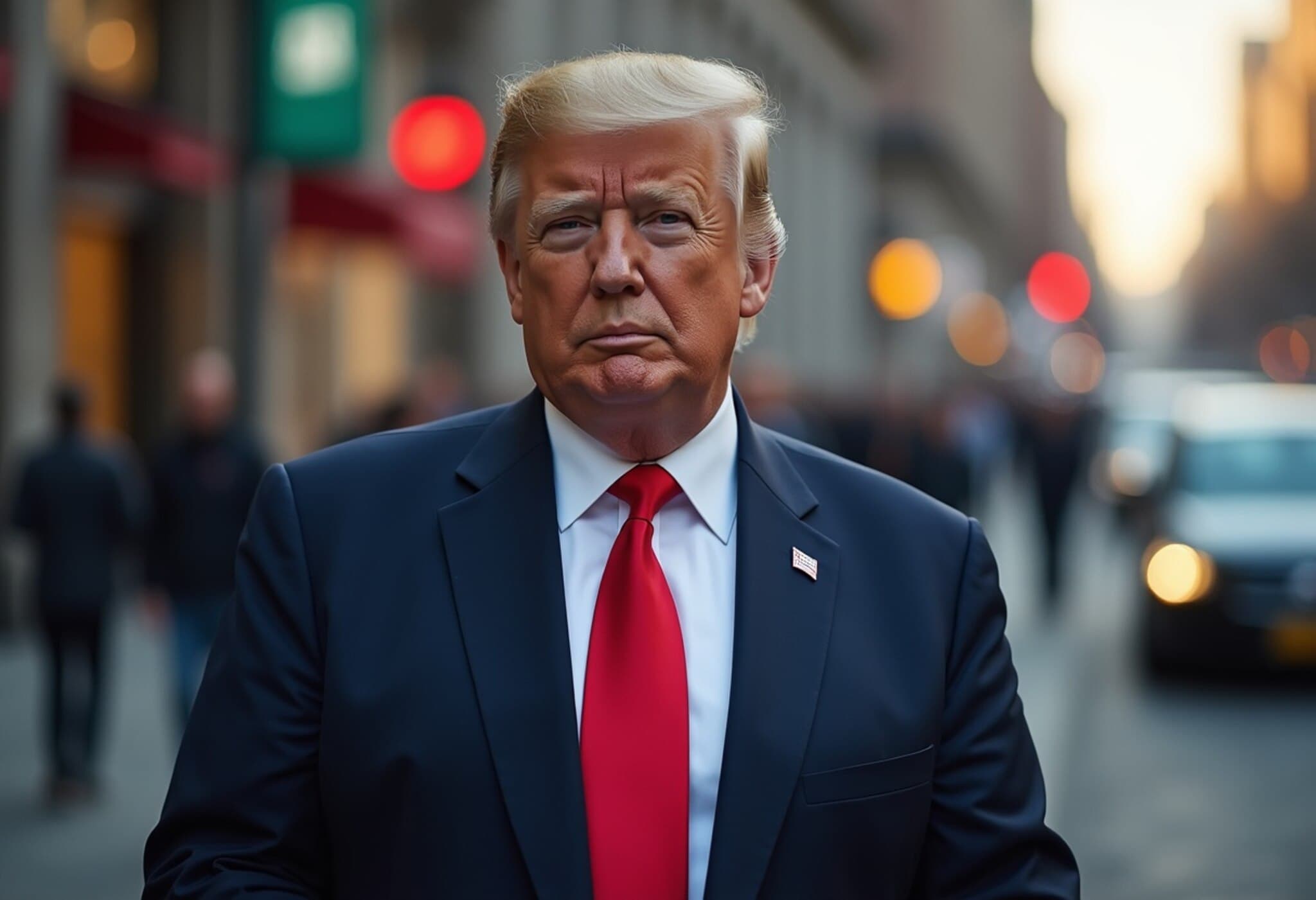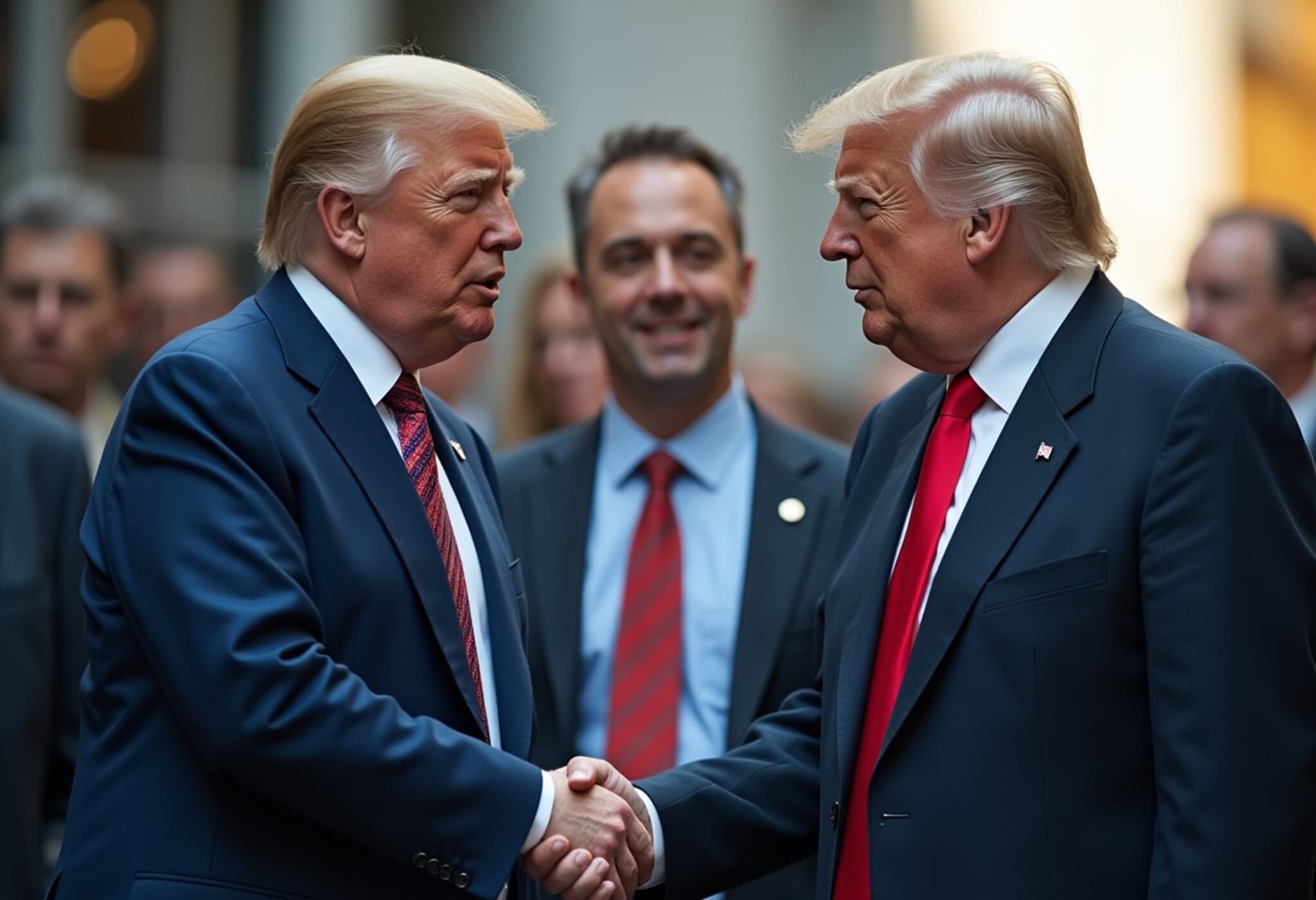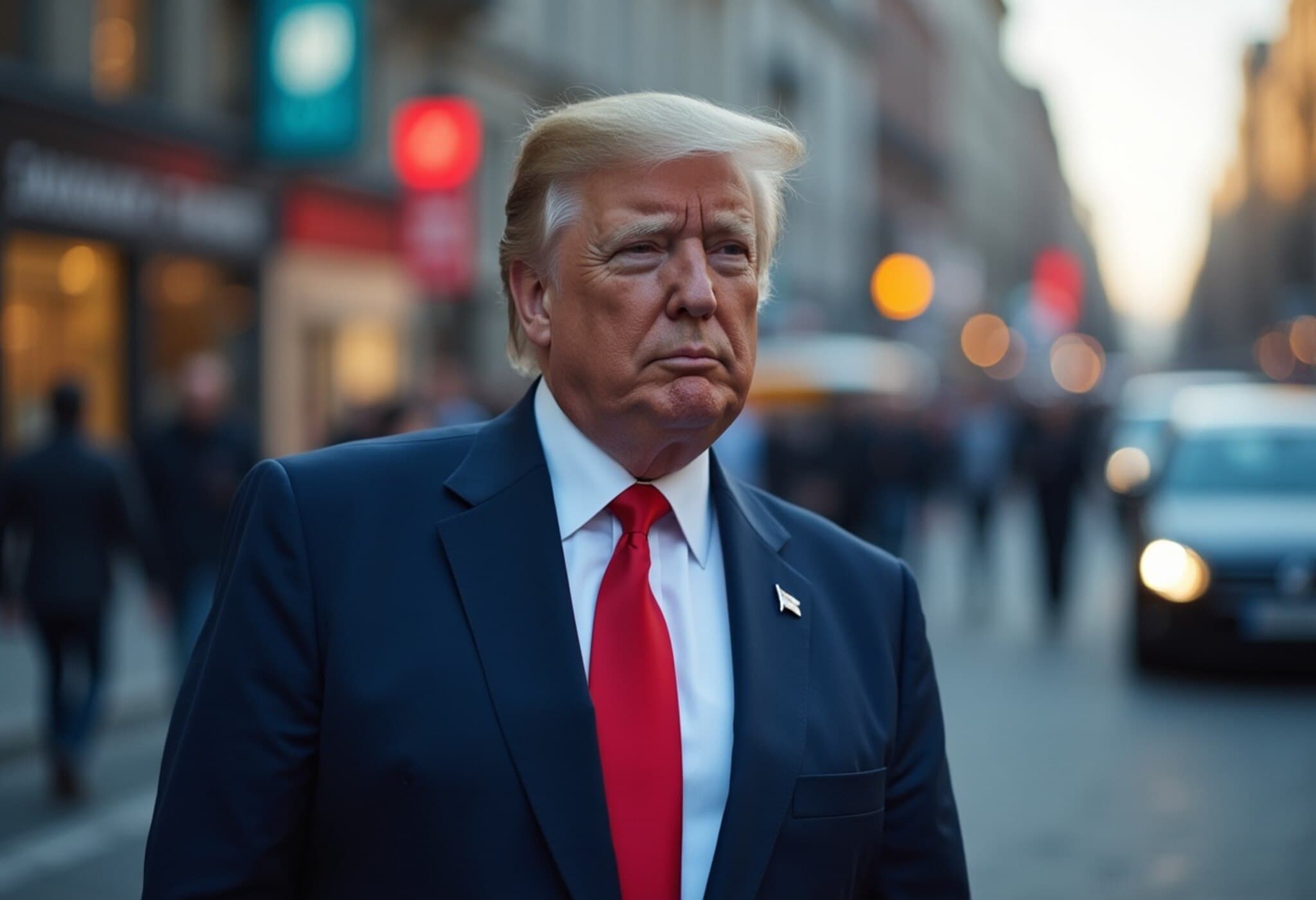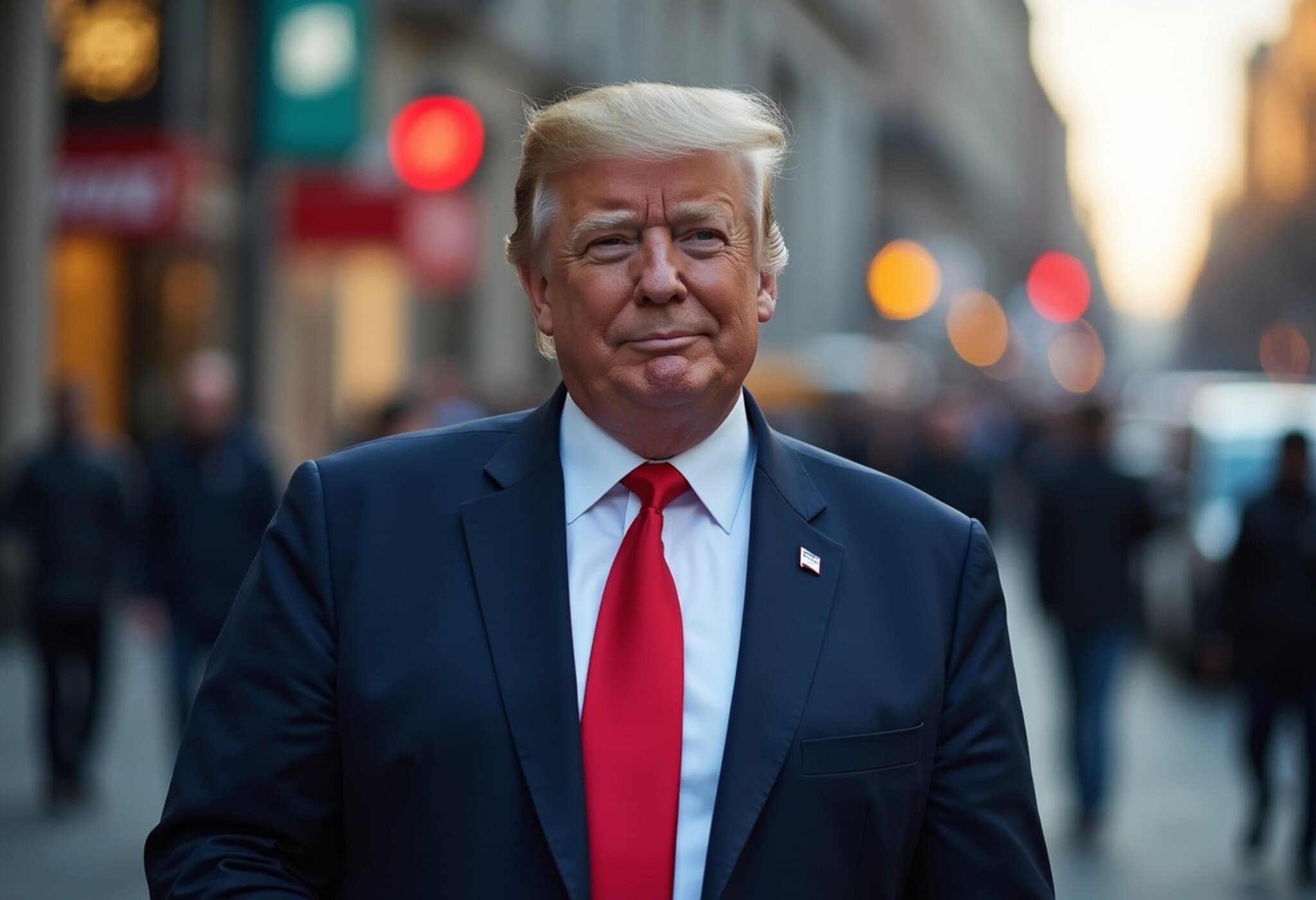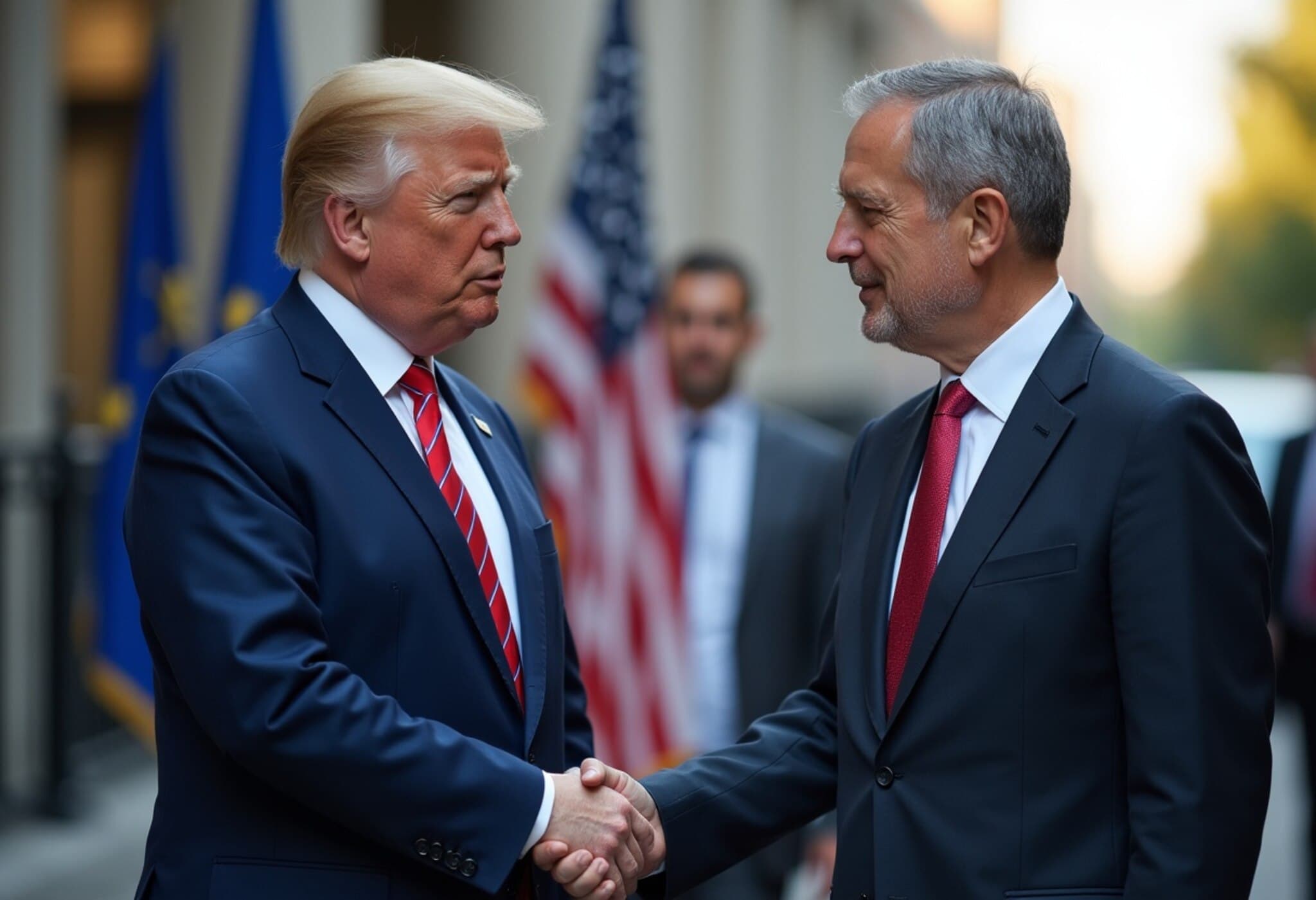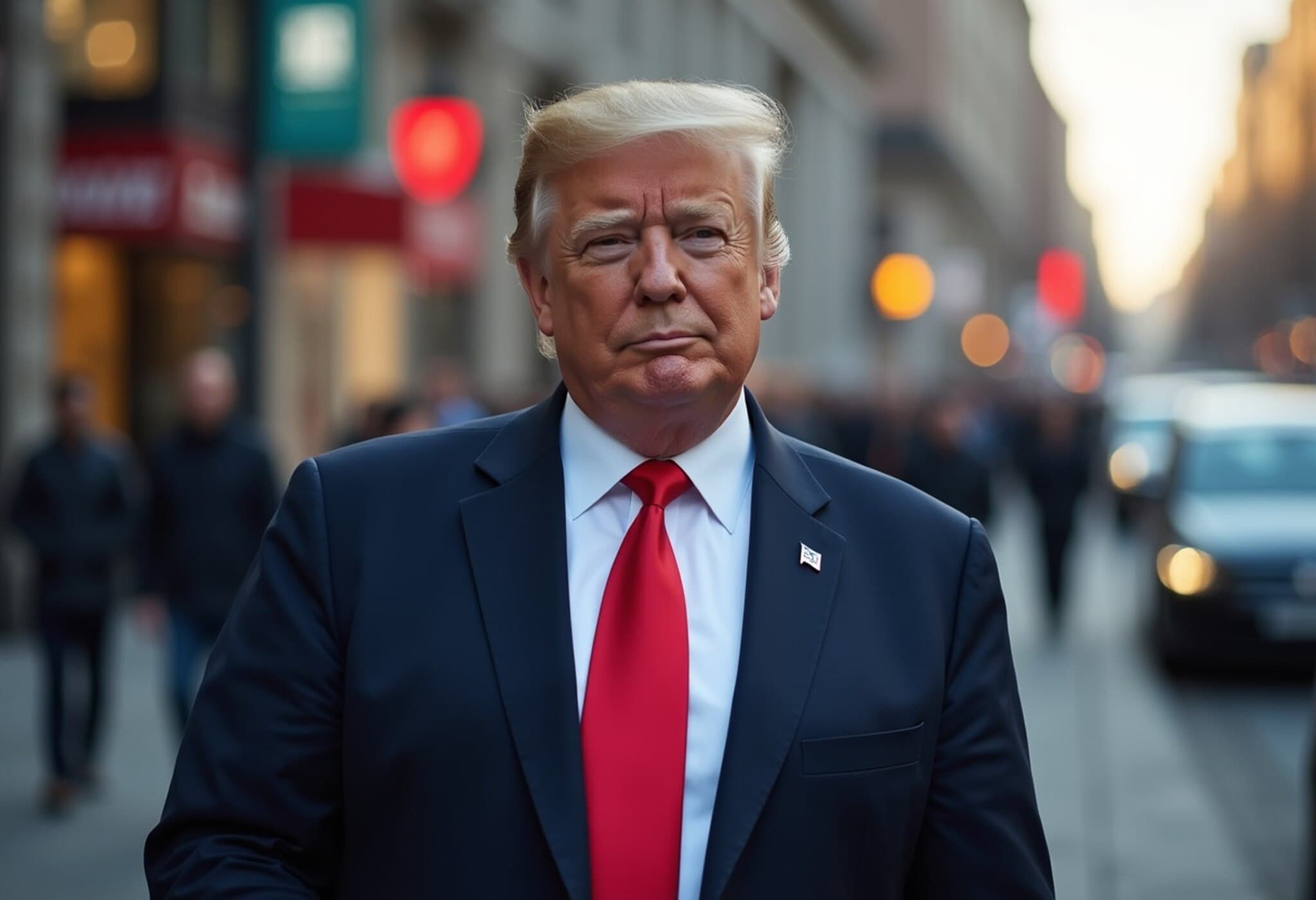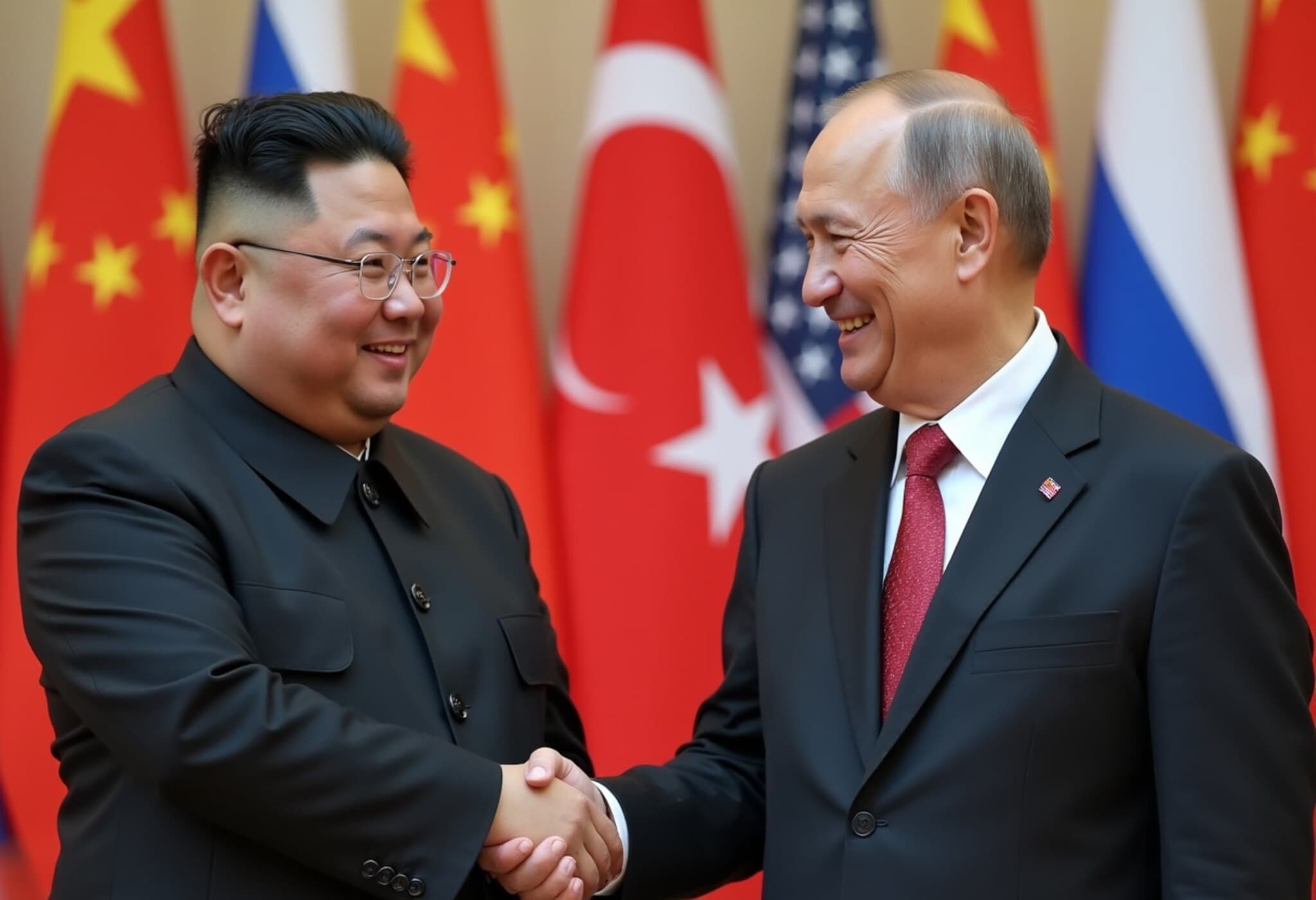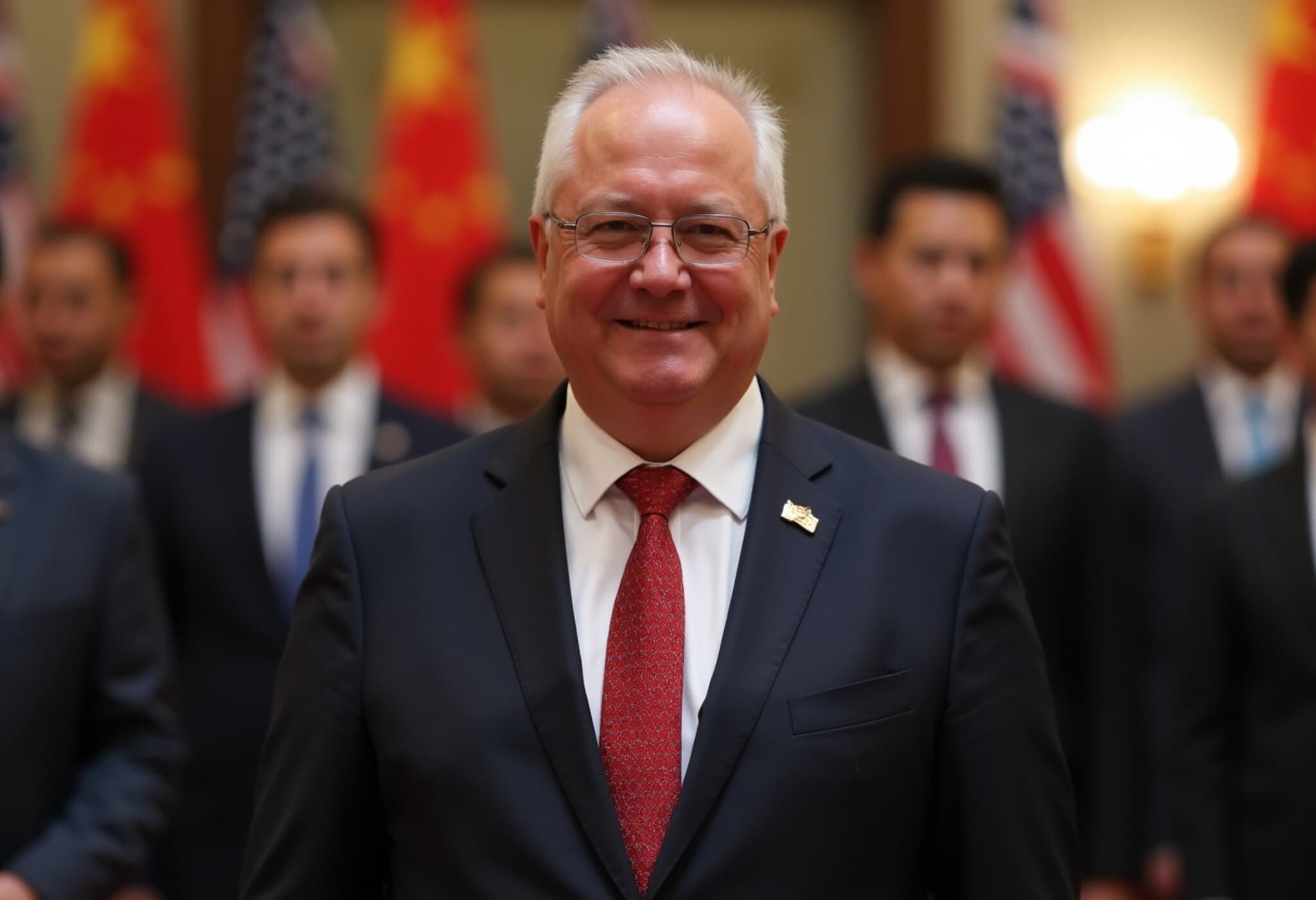Macron Urges the European Union to Stand Firm Against US Tariff Threats
On July 13, 2025, French President Emmanuel Macron delivered a firm message to the European Union and its trading partners: the bloc must resolutely defend its economic interests in response to escalating threats of tariffs from the United States. This comes after US President Donald Trump announced a plan to impose a 30% tariff on imports from Mexico and the EU starting August 1, 2025.
Backdrop: Rising Trade Frictions with Key Partners
Trade relations between the US and its largest partners — the European Union and Mexico — have entered a turbulent phase. President Trump's tariff threat adds significant pressure on ongoing negotiations aimed at resolving disputes over trade balances, tariffs, and market access. This move, seen by many analysts as a high-stakes maneuver, risks deepening transatlantic economic discord just as the global economy faces headwinds.
Macron’s Call for a United European Response
Reacting swiftly to the tariff threat, President Macron expressed "very strong disapproval" and emphasized the urgency of a cohesive EU stance. He urged the European Union to:
- Mobilize all available tools and instruments to develop credible countermeasures
- Intensify negotiations to reach an agreement that is mutually acceptable by the August 1 deadline
- Uphold mutual respect and fairness that underpin trade partnerships between the EU and the US
On social media, Macron underscored France’s full support for the European Commission's efforts, signaling a call for solidarity and determination within the bloc.
European Commission’s Position Amid Uncertain Prospects
European Commission President Ursula von der Leyen echoed Macron’s sentiments, condemning the US tariff threats as unilateral and potentially damaging to the global trade system. Yet, she highlighted the EU’s commitment to securing a diplomatic resolution that would prevent the implementation of such punitive tariffs.
This dual approach — preparing for countermeasures while seeking a negotiated settlement — reflects the EU’s complex balancing act between defense and diplomacy.
Expert Insights: Economic and Policy Implications
Trade experts warn that escalating tariffs between the US and EU not only endanger billions of dollars in goods but could also ripple through global supply chains, ultimately impacting American and European consumers. Economically, retaliatory tariffs could fuel inflation and hinder investments at a time when recovery from recent global disruptions remains fragile.
From a policy perspective, this episode highlights the challenges of maintaining a rules-based international trade order amid rising protectionism. The US’s willingness to leverage tariffs underscores a strategic approach to renegotiate trade terms, but also raises critical questions about the future of long-standing alliances.
What Lies Ahead?
The coming weeks will be crucial as EU negotiators ramp up efforts to engage the US in dialogue. Observers will be watching closely to see whether cooler heads prevail or if both sides end up locked in a tit-for-tat tariff war that could reshape international trade relations for years to come.
Editor’s Note
President Macron’s call for a robust EU response to looming US tariffs is a clarion call for solidarity amidst complex geopolitical pressures. While trade disputes often seem like distant policy battles, their real-world impact touches everyday lives through prices, jobs, and economic stability. The unfolding drama between the EU and US serves as a timely reminder that global economic cooperation requires constant vigilance and adaptability.
As policymakers negotiate the future of transatlantic trade, readers should consider: How can economic interests be balanced with diplomatic ties in an increasingly fragmented world? And what role will emerging global powers play in shaping fair trade practices going forward?

